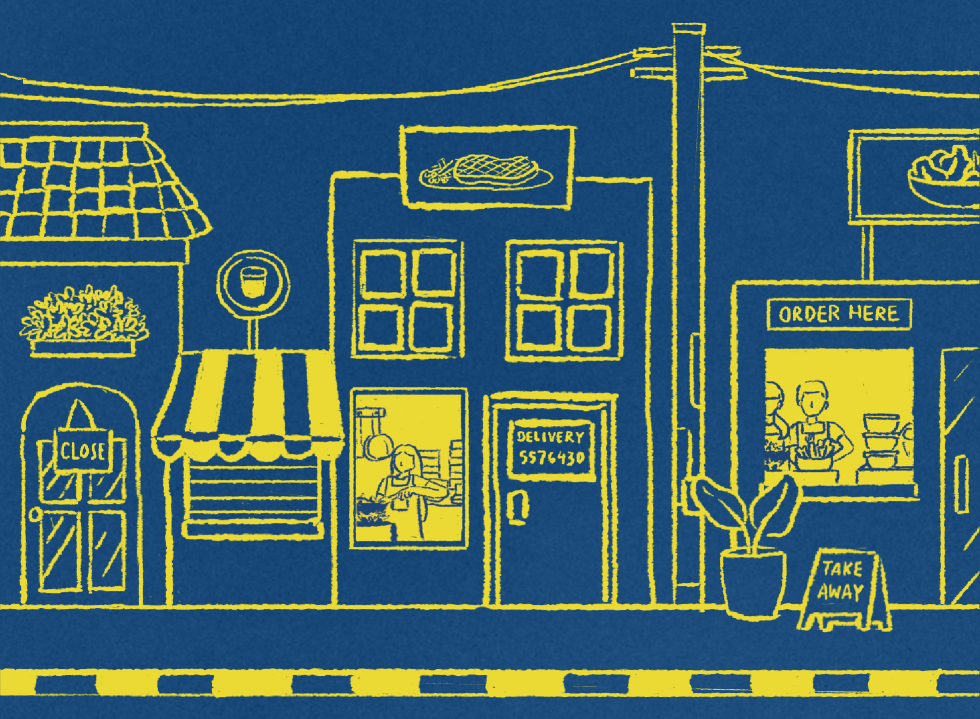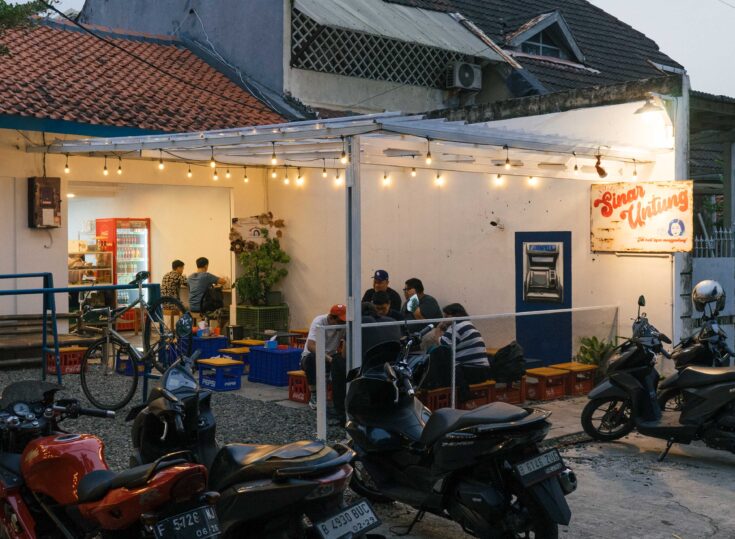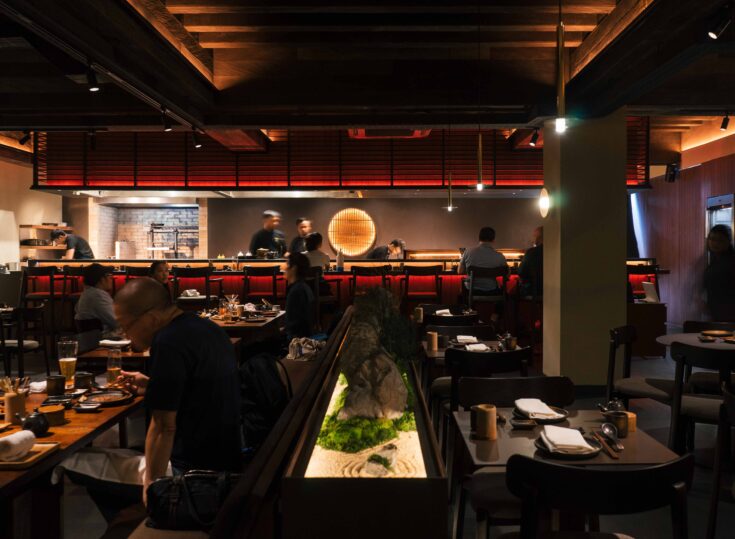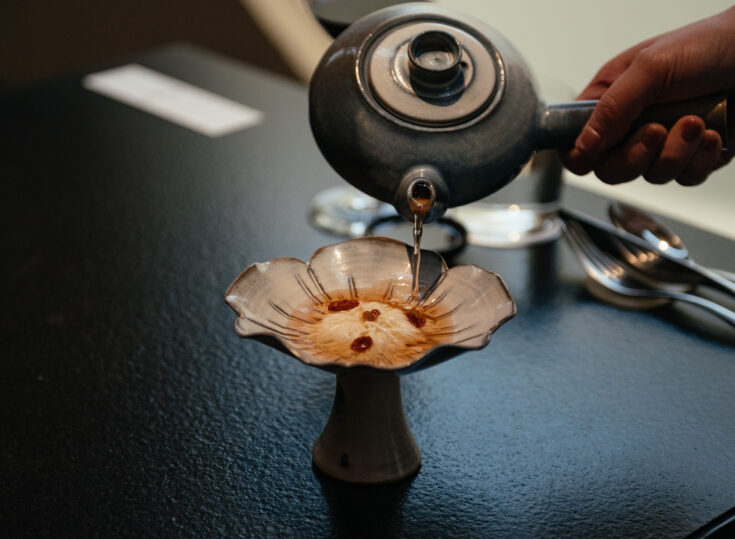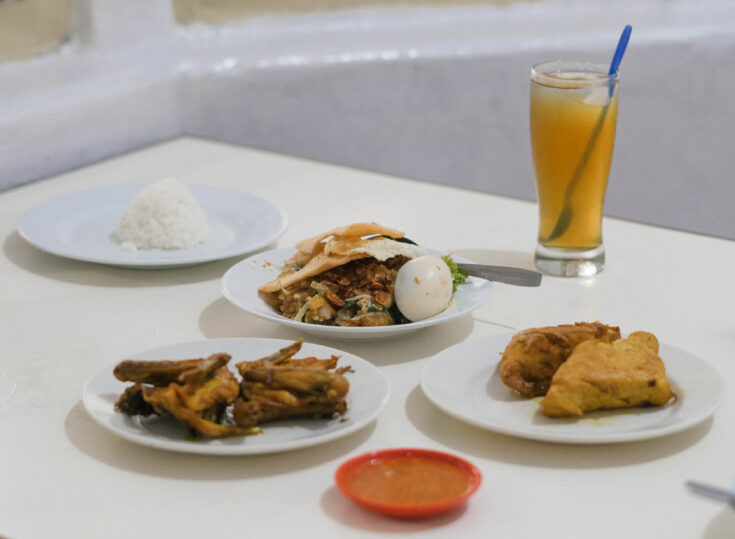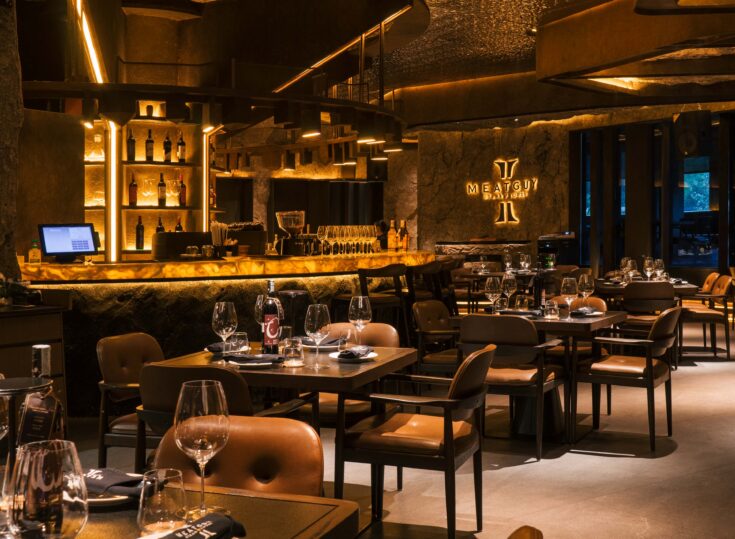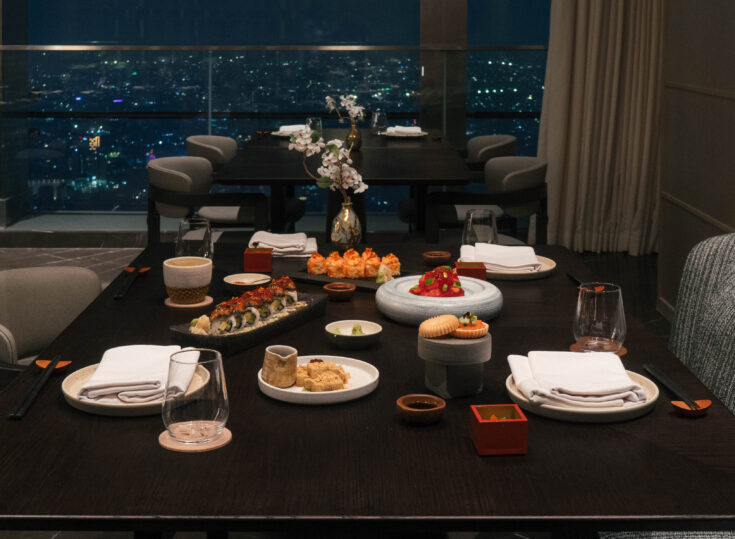In our effort to make social distancing less monotonous, REMOTELY is a special series from Manual Jakarta where we roll out comforting and practical articles to keep you company and motivated during this period of self-isolation.
–
As we quickly approach the biggest Islamic event of the year, what should be bringing families together for reflection and celebration for Ramadan has now become a time of doubt since the first news of the COVID-19 outbreak. From a business perspective, no industry could have adequately anticipated the overall loss when the outbreak broke. From retail to hospitality, plans to bounce back have stood at a standstill for no one is quite certain the end date of this pandemic.
Taking a hard hit across the globe, the restaurant industry is among the biggest that needed to adapt—without its regular flow of customers, the main bulk of income of any restaurant, the chance for sustainable survival is paper thin. Similarly in Jakarta, brick-and-mortar shops have closed. And with it, restaurant owners and managers are faced with dilemmas that involve keeping business afloat and ensuring the responsibilities they are due to their staff, all the while following lockdown regulations imposed by the government.
As many questions have arisen as to how F&B businesses can sustain themselves in this current economy, we spoke to a few friends in the restaurant and hospitality business to help shed light about the pandemic from their perspective.
The hardest blow
In a matter of weeks, restaurants went from business-as-usual to chaos. With the first order from the president about physical distancing, a significant drop in dine-in customers was expected, but less can be said of its effects. For Jessica Eveline, General Manager of Potato Head Jakarta cluster, to witness the “defeated souls of [our] workers in nearly empty restaurants” was tough.
For owner and founder of BIKO Group, Mikael Mirdad, the hardest decision involved shutting down all its ten F&B brands, such as Duck Down Pizza Party and Black Pond Tavern (which opened its doors mere weeks prior to the outbreak). “BIKO Group is a lifestyle hospitality company,” Mikael said. “What we offer is an experience of more than just eating and drinking. Not being able to deliver our core value is a huge big blow for us.”
Other big names of the industry, including ISMAYA and Potato Head, eventually did the same for their brick-and-mortar shops. Similarly, independent restaurant owners halted all operations as well. In the case of Oeang Restaurant Roastery and Bar, it’s been challenge after challenge considering the city-wide setback that engulfed us earlier this year: “Our team had worked so hard after the flood and just as we were about to coast, then the pandemic came and halted our operations,” co-owner William Mahaputra stated.
Though physical distancing is helping the number of cases decrease, there is still no end in sight for people who work in the F&B industry to go back to normal and what it means for their jobs once this is all over.
Running operations online
In the sea of these losses, the popularity and life-saving services of online delivery is an exploit that many restaurant businesses are relying on. After two-weeks of closing shop to disinfect and sanitise their stores, Farm Girl in Menteng didn’t hesitate to re-open business and push for deliveries and takeouts. “The community and this city has given us nothing but love and continued support. There may be no customers coming in, but the deliveries we make show that they are still around,” says Tiffany Widjaja, the owner.
Coupled with promotions and new menus, Potato Head’s KAUM and Three Buns restaurants have also pushed on the same strategy. Likewise, Mikael has decided to resume business for some of BIKO’s establishments, which includes Japanese restaurant Fujin, Italian-flaired Pippo, and even Beer Hall and Beer Garden for instantaneous beer deliveries for patrons.
But speaking in all reality of things, Mikael doesn’t doubt the shakiness of this model: “At best, [the emergency model] will sustain us for three to four months. After that, permanent close downs would be inevitable. Unemployment would be unavoidable.” He adds, “If somehow a miracle did happen and all of this will be over by the end of April, [restaurants] still need to face fasting month.”
Therefore, lifestyle brands turn to social media to raise brand awareness. This is true for BIKO’s Duck Down Bar that released music playlists to keep followers company and _Oeang who preserves engagement with the audience by developing social media content. The latter, unlike many establishments, has opted not to resume business with delivery facilities. Instead, they are shifting focus on post-outbreak strategies—whenever that would be. “[This situation] is not ideal for any long-term business planning. However we believe that people in the hospitality industry are one of the most resilient and adaptable bunch and we will sustain our business as long as we can,” William admits.
Workers come first
Amidst all these changes, the idea of laying workers off is the single daunting move for any upper management to do in any crisis. For Jessica, announcing temporary closures was not easy: “Seeing all their faces riddled with uncertainty was tough, but I told my team that we will go through this together.”
Because indeed, everyone will get through this together: owners, directors, and managers are committed to the well-being of their teams. At _Oeang, team members were given medical grade masks and vitamin supplements to bring home. Mikael is set to secure a month’s salary for his underlings of 800 people. Above all, open and honest communication with everyone, which applies to the aforementioned, KAUM and Farm Girl.
As a result, the staff and upper management have become more like a family by engaging with positivity via group chats. Encouraging connections and interactions have fostered a newfound motivation. As William says: “We have found our team culture is stronger than ever with everyone looking out for each other.” “It’s reassuring to know that our teams are at home with family, healthy and safe,” Jessica vouches.
It goes without saying, for ongoing business, safety and health measures in F&B establishments have increased with proper disinfecting routines, temperature checks for employees, readily available hand sanitizer and disinfectants, and masks and gloves being used constantly.
A time to care and give back
If there is a silver lining to the madness of COVID-19, it exposed and confirmed that at the forefront of this pandemic are tireless workers, and F&B establishments are finding ways to thank these brave souls. To do their part, Oeang partnered with Delico Cafe and the charity organization Asah Asih Asuh to donate freshly roasted coffee and freshly cooked meals to several hospitals in the area.
On the other side, our frontliners are the workforce whose seemingly simple job is to deliver our food. Realising this, Tiffany did not hesitate to initiate an initiative for the frontliners of this pandemic. In the “Buy a Meal, Give a Meal” programme, with every purchase of a meal, Farm Girl donates a pack of homemade roti sobek for the drivers at no cost to them. “This crisis comes with an opportunity for us to give back to the community. It’s something small, but we hope it helps,” she confesses.
With all the delivery services being increased in the city, how safe is it for the drivers to be out and carrying food to other people during this time?
On top of new restaurant regulations, the ride-hailing company Grab and Gojek have found ways to increase the safety of both drivers and consumers upon receiving a delivery. These days, you will find it in your ride-hailing app chatbox a notice to remind you and the driver to keep minimum physical contact by dropping the items by your front door or somewhere else safe.
In addition to that, “Grab had also prioritized the livelihoods of its driver and delivery partners” by constant temperature check ups and if presented with COVID-19, a GrabCare Package will be available for the drivers, plus financial and medical assistance until they get better.
With all these measures taking place to ensure the safety and minimal cross-contamination, F&B establishments are creating communities outside their staff to ensure everyone is safe at this time. While this is still a big blow financially, greater care for each other and larger communities has instilled a sense of togetherness despite the distance.
